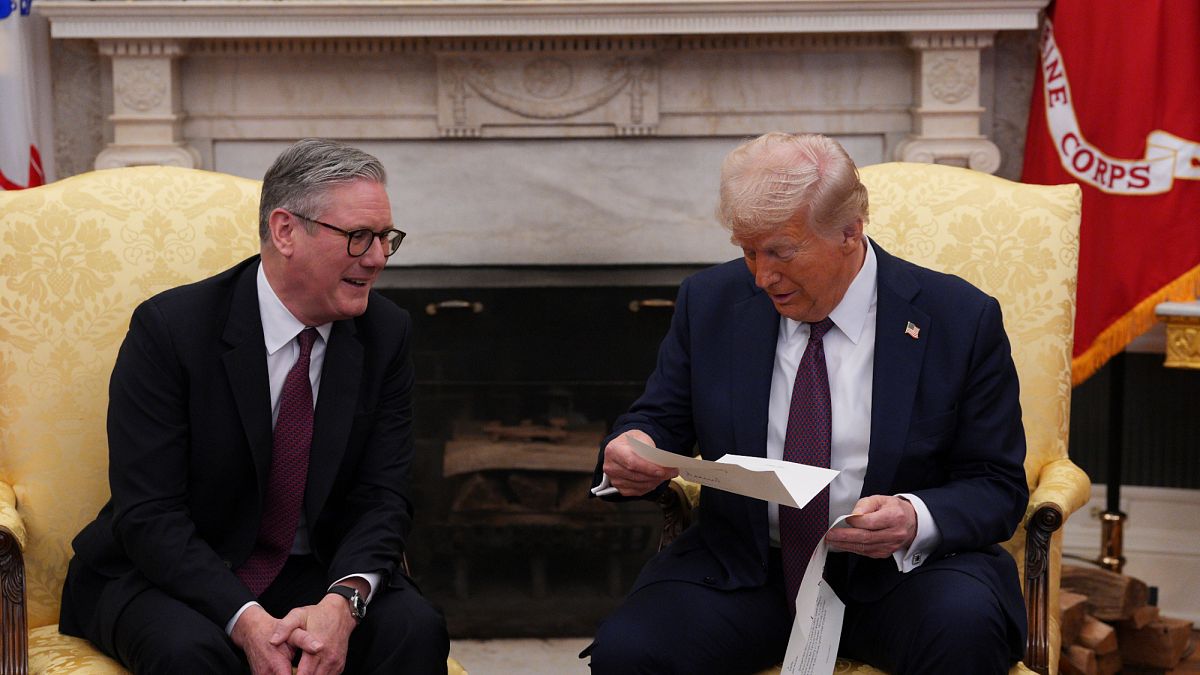

In a world where diplomatic talks and peaceful negotiations are more important than ever, several countries are working diligently to ease tensions and promote understanding. From discussions in Scotland between the United States and the United Kingdom to developments in Russia, Israel, and Southeast Asia, nations are actively engaging with each other to navigate complex global issues.
This Monday, significant attention will focus on the discussions between UK Prime Minister Keir Starmer and US President Donald Trump. The meeting, set to take place at Trump’s golf resort in Scotland, is an opportunity for the leaders to address pressing international matters. A prominent topic on their agenda is the ongoing situation in Ukraine and Gaza. Starmer plans to urge Trump to reinvigorate the United States’ role in Gaza ceasefire talks. Starmer’s emphasis reflects his concern over humanitarian crises, such as food shortages and the mounting violence affecting civilians in the Gaza Strip, where tactical pauses from military activities are providing moments of relief amidst the turmoil.
Meanwhile, in a significant development from Eastern Europe, Russian carrier Nordwind has launched the first commercial passenger flights to North Korea for the first time in decades. The inaugural flight, which took off from Moscow’s Sheremetyevo Airport, marks a step towards re-establishing connections and fostering ties between the two countries. Such advancements could potentially enhance diplomatic communications and pave the way for further exchanges in various sectors.
Turning to Southeast Asia, Thailand and Cambodia have met in Malaysia under challenging circumstances for ceasefire talks. This dialogue comes in response to deadly border clashes, now in their fifth day. International pressure has been mounting to bring these conflicts to a halt, and the countries’ efforts to engage in discussions demonstrate a commitment to peaceful resolutions and rebuilding a sense of regional stability.
In the realm of European politics, tensions continue between Hungary and the European Union. Hungarian Prime Minister Viktor Orban has expressed his intent to veto the EU budget due to long-standing issues over frozen EU funds. Despite the friction, the situation underlines the importance of dialogue and cooperation in addressing financial disputes and enhancing unity within the EU framework, especially in light of broader geopolitical challenges such as Russia’s invasion of Ukraine.
The world continues to witness dynamic shifts and efforts towards dialogue amidst complex challenges. These discussions and initiatives highlight a global commitment to seeking peaceful avenues and building bridges across diverse landscapes. As nations collaborate to address their shared and individual challenges, there is a collective drive to promote understanding, peace, and humanitarian support for all affected communities.
Source: {link}
